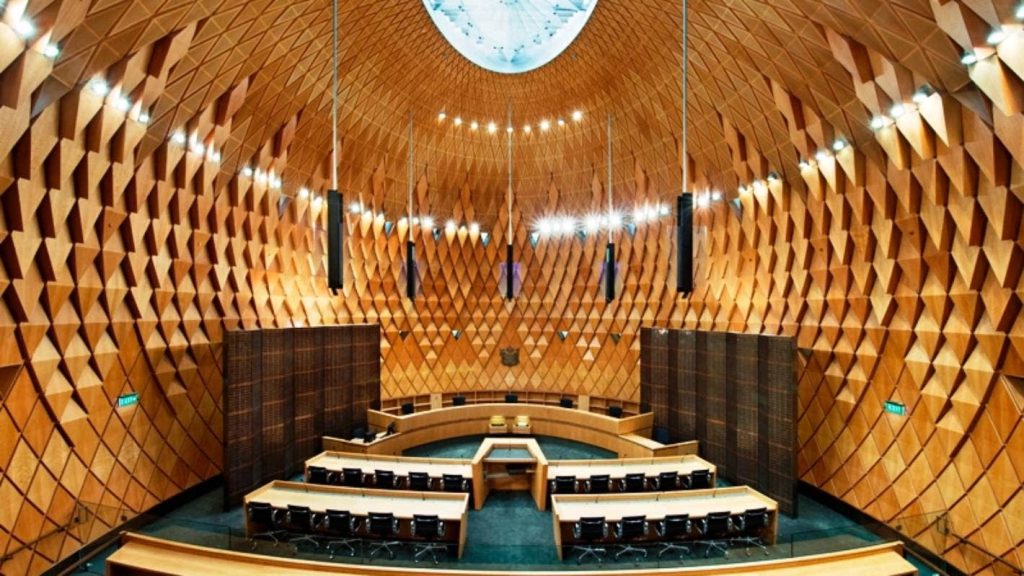Not a story
Hello! Here’s this week’s free edition of More Than A Feilding which you are invited to share far and wide for reasons which should soon become clear.
The sexual harm helpline can be accessed free, 24 hours a day, 7 days a week by phone, text, website, online chat and email.
A man who raped and sexually assaulted fellow high school students at parties is asking the Supreme Court to keep his name secret – despite three survivors of his offending taking the brave step of having their name suppression removed.

The young man, who is now 20, was a teenager when he was given a “lucky break” by Judge Claire Ryan and sentenced to 12 months home detention, having earlier pleaded guilty to 10 charges, including rape, unlawful sexual connection with a child, indecent assault and sexual conduct with a child.
The charges relate to offending when he was aged between 14 and 17 and carried out sexual attacks on six young women.
Three of the young man’s survivors have taken the unusual step of waiving their rights to automatic name suppression.
They have previously addressed the court, sharing details of suicide attempts and ruined years following the teenager’s attacks. They support naming the offender.
At his sentencing, one of the young women, Mia Edmonds, told Judge Ryan that naming the teenager would enable other survivors to come forward.
“Take away his ability to continue the violence he has been committing… do not let this go on.”
Judge Ryan declined to give the man name suppression. His appeals in the High Court and Court of Appeal also failed.
The Court of Appeal found publishing the man’s name was consistent with the principles of open justice that allowed the media and the public to scrutinise the courts.
Before a full bench of the Supreme Court, including Chief Justice Helen Winkelmann, the man’s lawyer, Emma Priest set out her client’s arguments.
She said medical specialists determined her client’s undiagnosed autism meant he did not pick up on normal social cues, which made it harder for him to determine whether he had consent.
She said since his diagnosis, he had received specialist treatment and rehabilitation which had lowered his risk of re-offending.
Priest said if the court was to allow her client to be named, it would greatly affect his ability to be rehabilitated and that benefited not just her client but the entire community.
She said young people are now tied to their social media accounts and would either have to live with reading “cruel” comments or remove themselves from social media.
“But that’s the equivalent of ostracising themselves.”
Justice Kos asked if her client would then have to change his name. Priest agreed and said the family had been the victims of “vigilante justice” and he may have to leave Auckland.
“I submit that’s not a reasonable or appropriate outcome for a young person in order to live.”
For years now the Courts have considered “open justice” as the starting point in name suppression cases and the onus was on a defendant’s lawyer to show why suppression orders should be made.
However, Priest invited the Court to consider making open justice just one factor in the mix.
Crown lawyer Zannah Johnston said the Crown accepts that someone with autism has a poorer capacity to pick up on social cues, but there was no factual basis for the man believing he was having consensual sex.
Johnston said this was not a case where the young women were giving “social cues” by avoiding eye contact or turning away.
“This was a case where the victims were quite clearly saying: ‘No’.”
She said one of the young women pleaded with the man to stop, but that only resulted in him using more force.
Johnston acknowledged social media platforms were far-reaching but “people have always said nasty things”.
She acknowledged that naming him could affect his ability to rehabilitate, but naming a defendant could also prevent future offending.
Johnston said the survivors of the man’s offending wanted to see him held “socially accountable”.
“They’re not asking [him] to stand in a public square with a sign around his neck to be shamed. They’re asking for the ability to tell their friends: ‘Maybe you don’t want to go on a date [with him].”
The Justices have reserved their decision.